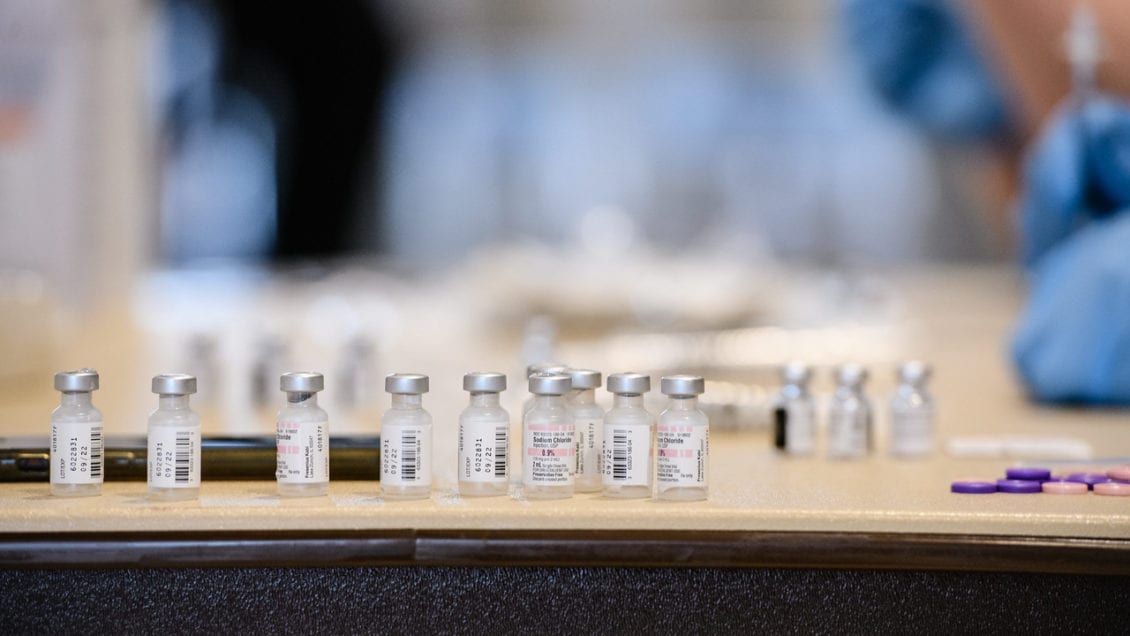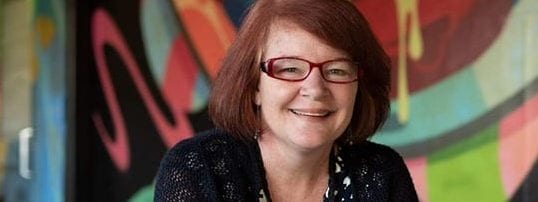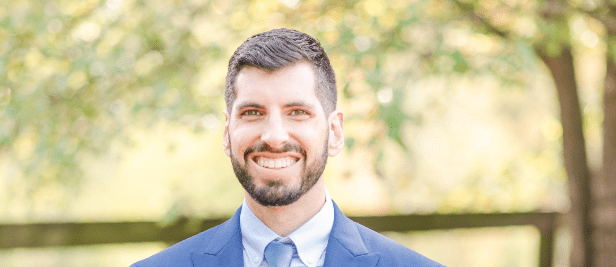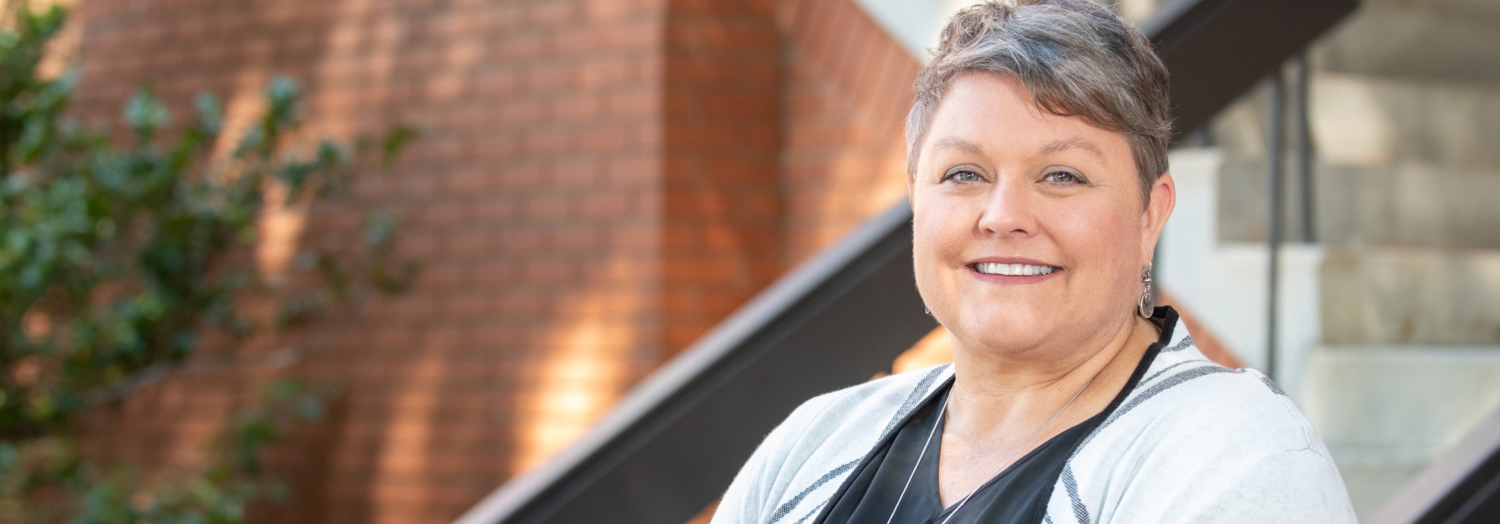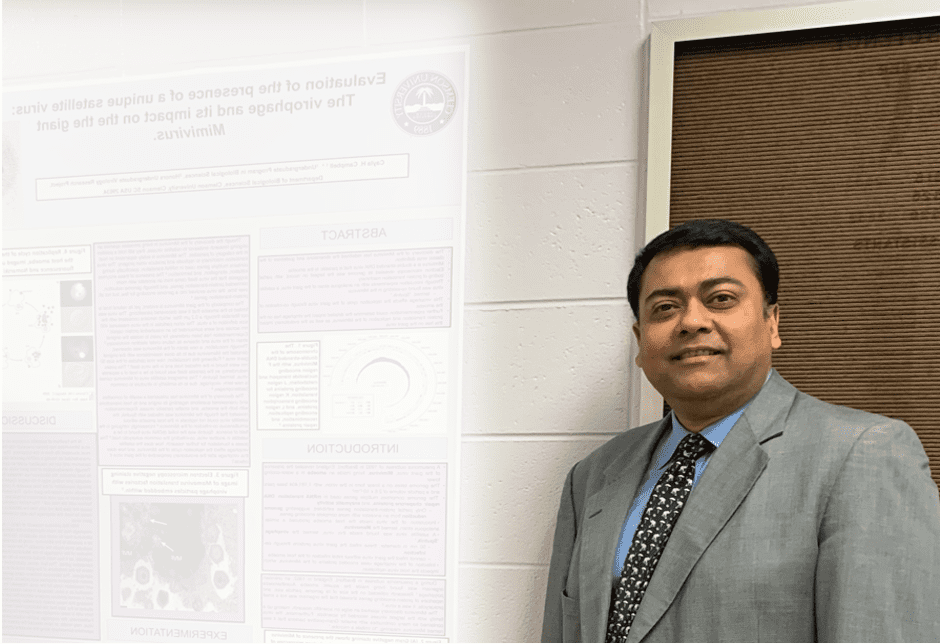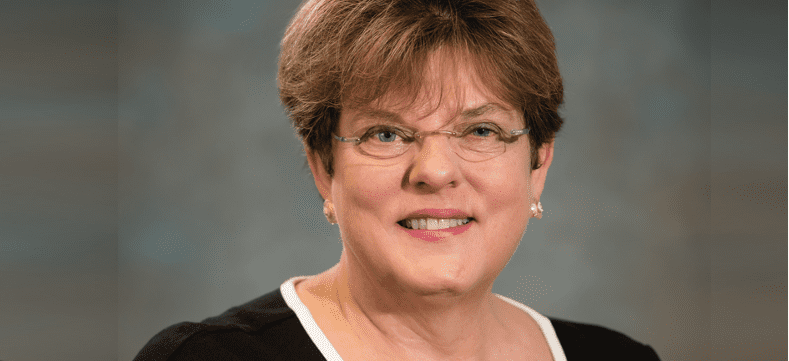Following recent announcements by South Carolina officials to scale up distribution of COVID-19 vaccinations, many members of the state and local communities remain concerned about whether getting the vaccine is right for them. The rapid development of multiple vaccines has spurred conversations around the country about rollouts, efficacy, and what’s next.
With a focus on both campus and community safety, health researchers and scientists at Clemson University are offering their insight into COVID-19 vaccines to help separate fact from fiction and provide science-based data about the vaccines available today.
To Cartmell, a worldwide pandemic was never far from her mind. She spent the first six years of her career as an epidemiologist in Georgia, managing disease surveillance systems and handling outbreak investigations in the community. As part of her job, pandemics have always been on her radar. Why? Her training taught her that one day a significant pandemic would occur because of how diseases shift from different animal populations to humans and how micro-organisms mutate over time.
I am incredibly grateful that we have been able to develop vaccines against COVID-19 that can be ‘game changers’ in helping us to control the pandemic. What I think we’d all like to see is for life to get back to normal, and this will take a team effort. At the same time, COVID is so prevalent right now that we’re going to need to keep taking precautions such as wearing masks, social distancing and handwashing until the disease prevalence down. I came to Clemson a little over a year ago, and I loved the Clemson attitude of being ‘all in.’ We’re in a situation right now where being all in will make all the difference!
The vaccines have an excellent safety and efficacy profile, having been tested in randomized controlled trials. In addition, we have post-licensure surveillance data that enables us to track ‘real world’ vaccine safety outcomes. As of February 18, 2021, over 57 million vaccine doses have been given in the U.S. – about 12% of the population has gotten at least one dose and 5% have completed the vaccine series, according to the CDC. Since a lot of the hard work has been done now in the U.S. and here in S.C. to develop vaccine distribution sites such as mass vaccination clinics and pharmacy-based vaccine sites, I think we’ll see these vaccine rates increasing rapidly now.
Forecasting, trends and vaccination distribution are important parts of monitoring any infectious disease, including COVID-19. As an assistant professor biostatistics, Rennert studies the impacts of disease mitigation strategies on mitigating the spread of COVID-19 and on factors affecting disease severity in COVID-19 patients. Rennert engages in collaborative health research, and work involves the development and implementation of statistical techniques for public health and medical studies. He has also been heavily involved in the development and implementation of COVID-19 testing strategies and policies to mitigate disease spread at Clemson University.
We are all eager to return to normal and the vaccine provides us with an opportunity for us to get there faster without having to rely on the majority of the population to get sick in order for us to reach herd immunity. As South Carolina receives more doses, it’s important for individuals to know the vaccine is safe and effective in protecting individuals who receive it.
Vaccine development must go through three phases of clinical trials before receiving approval for distribution. The first phase assesses vaccine safety – if the vaccine is harmful, it cannot proceed. The second phase assesses effectiveness in a small population. If the vaccine is effective, it moves onto phase 3 trials to assess effectiveness in a large population. If the vaccine is both effective and safe in the third phase, then the vaccine receives approval to be distributed to the general population.
Both the data from clinical trials and from the distribution of hundreds of millions of vaccines world wide show the vaccine is extremely effective in preventing COVID-19. However, while COVID-19 prevalence continues to remain high in the population, we must continue to engage in safety precautions until we’re able to reach herd immunity.
A registered dietitian, Parisi has more than 20 years of experience working as a community nutritionist and clinical dietitian. Conducting research in the areas of community health, nutrition and wellness, and food systems, she has worked across the state of South Carolina helping to deliver premier programs to citizens to strengthen health outcomes.
The COVID-19 vaccine is an mRNA vaccine. m-RNA vaccines have been developed over many years and tested with other coronaviruses like SARS. So the results from years of previous studies were applied to the development of the COVID-19 mRNA vaccine. Additionally, the FDA-required steps for ensuringsafety and efficacy of the vaccine were able to be completed quickly because of the way the trials were scheduled. Whereas clinical trials are usually repeated one at a time over a span of many years, several COVID-19 vaccine trials were conducted simultaneously. The simultaneous trials helped researchers meet the FDA requirements over a much shorter period time.
The vaccine is only as effective as the communities’ willingness to receive it. With the vaccine, we have the resource we need to minimize the spread of this disease that has taken so many lives. Vaccination is not only about protecting yourself, but it is about protecting the people you love and care about. And it’s about a social responsibility to protect the people in our communities who are most vulnerable to the fatal effects of the virus.
The sooner we get vaccinated, the sooner the virus will dissipate, and the sooner we will be able to do the things we love to do.
Clemson University virologist Qanungo has spent much of his career studying viruses. With expertise in vaccine history and the science behind them, Qanungo knows history tells us no pandemic lasts forever. Still, individuals have to be careful and be prepared to protect themselves.
A considerable fear exists as many think the COVID vaccines were rushed and are skeptical about the new technologies. But in reality, it was not rushed at all. The mRNA delivery technology started developing in the 1990s, culminating in delivering the Moderna and the Pfizer mRNA vaccines. Since then, the list of groundbreaking research in mRNA delivery has grown. In 2009, the first human cancer immunotherapy by direct mRNA injection was put in a clinical trial. The wealth of knowledge increased exponentially. So why are these vaccines not on the market? Because there was not enough need.
The course of the three-phase clinical trial needs billions of dollars and many study subjects for the trial. The pandemic was the exact scenario that satisfied all these criteria. The mRNA vaccine doesn’t contain any live or killed virus and more safe than ever; it just contains a code in the RNA to make one of the viral proteins, the spike protein. The body naturally develops an immune response against this viral protein which will protect us in the future. The RNA is naturally degraded in the cell in a few days.
The pain, fatigue, chills, and fevers associated with vaccines are called inflammatory responses. The body surmounts an attack towards the foreign spike protein, which is not a concern, just a little discomfort. As none of the vaccines contain live, attenuated or inactivated real SARS-CoV-2 virus, the vaccines can never give you the disease and are safe. Considering any adversaries, the benefit of a vaccine far outweighs the minimal amount of associated risk.
With over 25 years of nursing leadership and a focus on population health, rural sites, and diverse populations, Valentine understands the role nursing, medicine, and science play in community health. Educating hundreds of nursing students daily, she is instrumental in shaping future health care professionals. But her work beyond the classroom benefits another population: the elderly. Her research has made significant progress in building capacity for services for the aged within community health clinics, adult day centers, and community-based educational resources for family givers.
Florence Nightingale was the pathfinder for nurses. Since the Crimean War, we have been involved in public health measures and major disasters. This pandemic is no different. Our nursing students and faculty are invested in our community’s health and safety and are eager to help the public get vaccinated through clinical rotations at Prisma Health. It’s our ethical duty that compels us to be there to care for patients. Everyone has personal agency and notably nurses have particular responsibilities to uphold high scientific standards that guide provision of care to the public.
Wearing a mask, hand-washing, social distancing, and staying home when you are sickare all essential; but, vaccinations are of great importance to the prevention of severe symptoms, hospitalizations and prevention of death. Preventing these symptoms also reduces the need for home-based family caregiving and reduces the COVID-19 health system demands and the effects that has for nurses and other care staff. Fewer COVID-19 hospitalizations allow nurses to provide required care to patients with chronic illnesses and those hospitalized for urgent medical conditions. Each patient deserves an expert nurse focused on that person’s specific condition and circumstances. Unless hospital units are fully staffed to meet the needs of both COVID patients and other hospitalized patients, sub-optimal care may occur because of simultaneous, competing requirements for urgent treatment. To avoid subsequent untoward events, the public must do its part to follow public health protocols. Our lives and wellbeing depend upon it.
Get in touch and we will connect you with the author or another expert.
Or email us at news@clemson.edu

